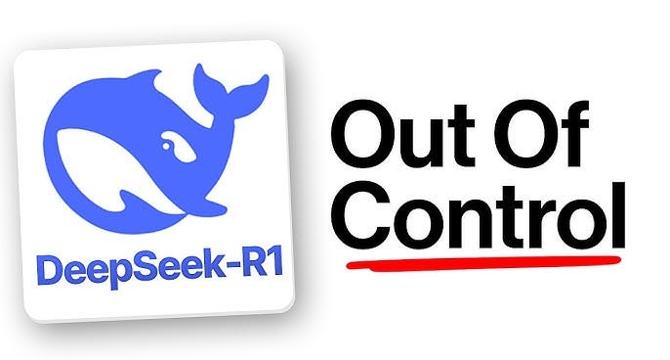Medium
2M
395

Image Credit: Medium
DeepSeek-R1: The MoE Fallacy and the True Source of Emergent Reasoning
- DeepSeek-R1 is a reasoning-intensive large language model demonstrating emergent Chain-of-Thought capabilities, self-reflection, long-horizon reasoning skills, and multi-step problem-solving.
- Unlike traditional LLMs, DeepSeek-R1 is designed to prioritize reasoning depth over raw fluency. It is a fully dense model that does not rely on MoE-style expert gating or selective activation of subsets of parameters at all.
- Chain-of-Thought is an inference process following a hierarchical Bayesian expansion arising as a consequence of optimization constraints, not due to MoE architecture.
- The empirical fact that the distilled DeepSeek-R1 model retains all reasoning properties despite being fully dense, establishes that DeepSeek-R1’s intelligence does not stem from MoE, but from structured reasoning incentives in its training process.
- DeepSeek-R1-Distill-Qwen-32B is a fully dense transformer model with 64 layers, which retains all the core reasoning capabilities of its parent model, proving that a non-MoE model can replicate reasoning capabilities perfectly.
- DeepSeek-R1’s Group Relative Policy Optimization (GRPO) framework reinforces structured reasoning depth without MoE-based sparsity.
- The Qwen family of models is constantly evolving with new models and architectures being developed.
- DeepSeek-R1 has set a new standard for reasoning-intensive LLMs, demonstrating superior reasoning ability compared to previous MoE-based models and proving that MoE is neither a necessary nor a sufficient condition for emergent reasoning capabilities.
- The paper presents a mathematically complete analysis that dissects the claims of MoE dependency hypothesis using mixture of experts (MoE), probabilistic inference formulation of Chain-of-Thought, recursive reasoning as a Markov Decision Process, and Group Relative Policy Optimization.
- DeepSeek-R1 is explicitly designed to prioritize reasoning depth over raw fluency and CoT reasoning chains form as a consequence of optimization constraints, not due to MoE architecture.
Read Full Article
23 Likes
For uninterrupted reading, download the app